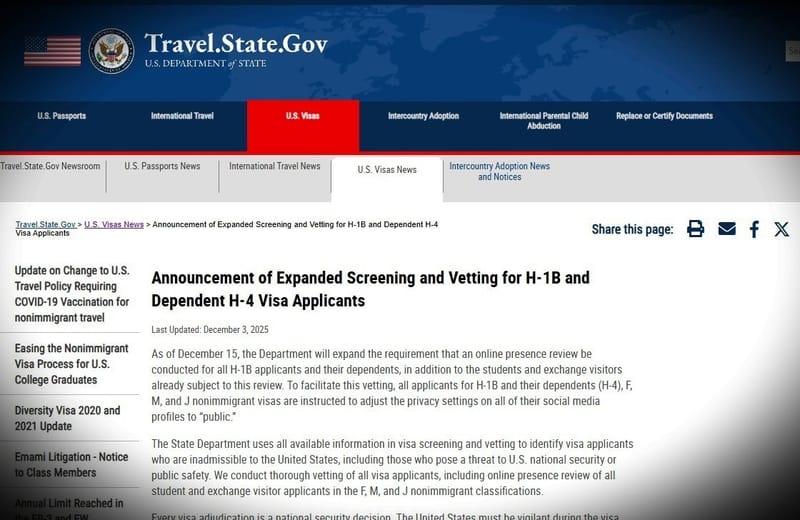India's New Scheme to Lure Back Researchers Amid US H-1B Visa Scrutiny
This initiative underscores a growing global competition for skilled STEM talent, driven in part by US immigration policies, which could reshape international talent flows and impact US employers.
Subscribe to our newsletter and stay informed about latest H1B news, policy updates and and other developments.
Article Summary
India's government is developing a new scheme to attract Indian-origin researchers and "star faculty" from abroad back to the country. This initiative aims to bolster India's research and development sector by offering top positions in premier institutions and providing setup grants. The plan is a direct response to concerns regarding US H-1B visa policies and the broader immigration crackdown by the Trump administration.
Original Article: financialexpress.com
[ Sentiment: neutral | Tone: factual ]
This summary and analysis were generated by TheNewsPublisher's editorial AI. This content is for informational purposes only; it does not constitute legal or immigration advice.
[ Sentiment: neutral | Tone: factual ]
This summary and analysis were generated by TheNewsPublisher's editorial AI. This content is for informational purposes only; it does not constitute legal or immigration advice.
TNP AI: Key Insights
This news is highly relevant to US employers and the tech industry, as India's proactive strategy to repatriate its skilled diaspora directly impacts the global talent pipeline, potentially reducing the pool of Indian STEM professionals available for H-1B visas.
Historically, the US has been a primary destination for Indian STEM talent; however, this new Indian scheme, offering competitive incentives and addressing procedural hurdles, signals a strategic shift that could intensify the international competition for these high-demand professionals, mirroring similar efforts in Canada and Australia.
Should India's initiative succeed, it could facilitate a 'reverse brain drain,' benefiting India's R&D capabilities while potentially exacerbating talent scarcity for US companies that heavily rely on H-1B visa holders, particularly in specialized research and technology sectors.





